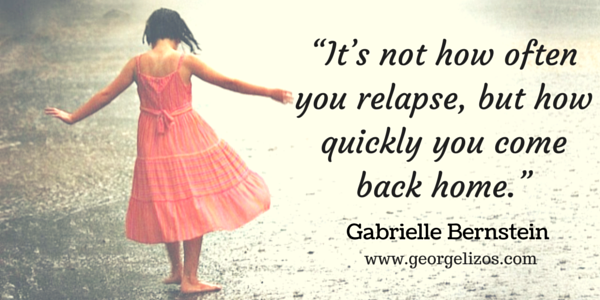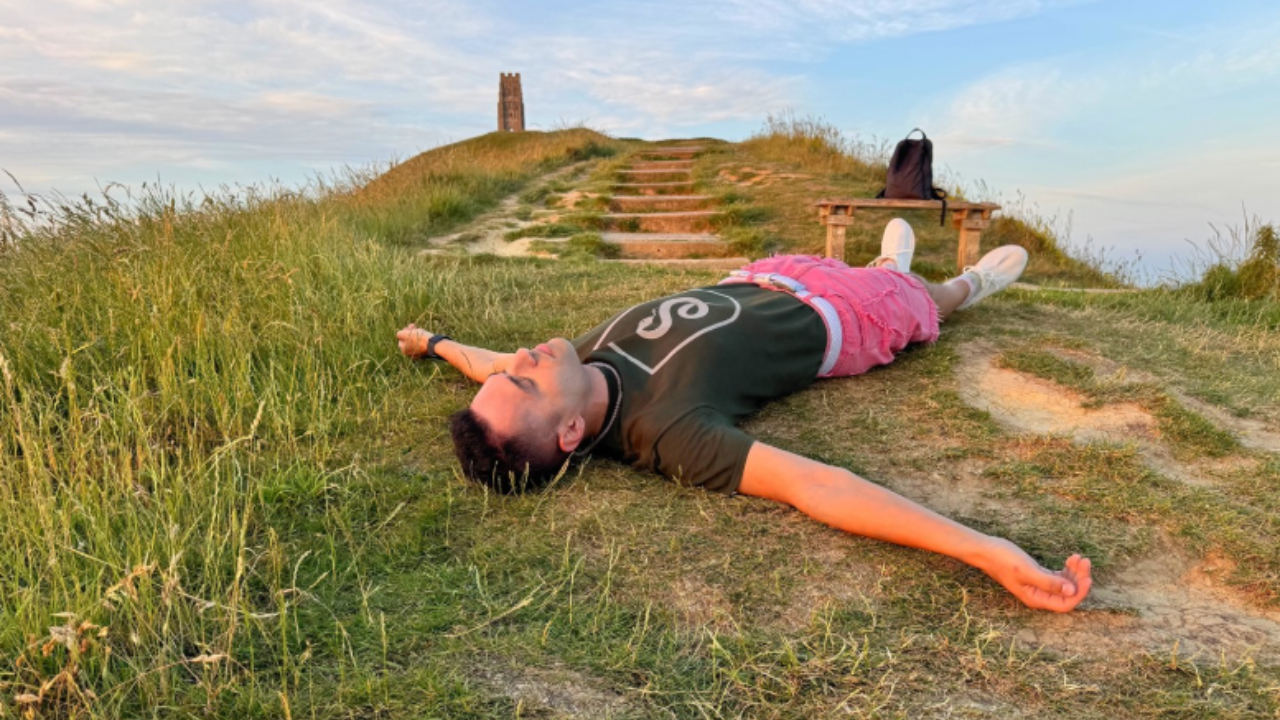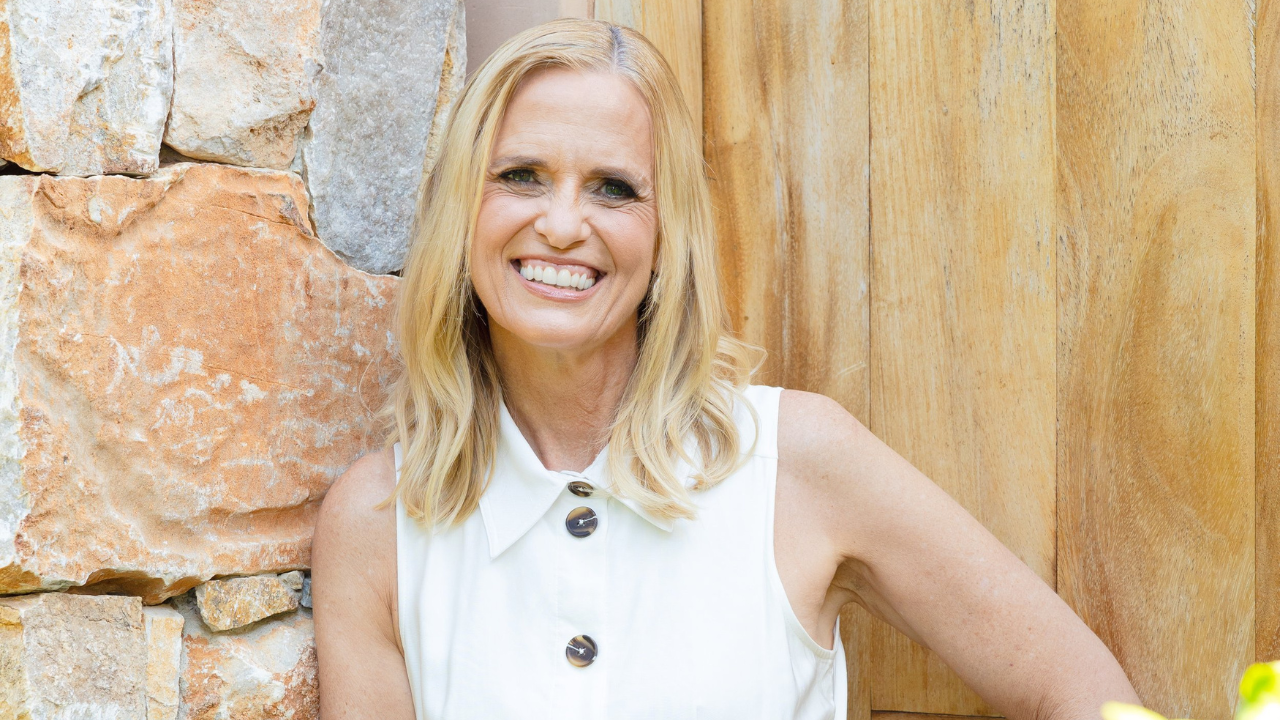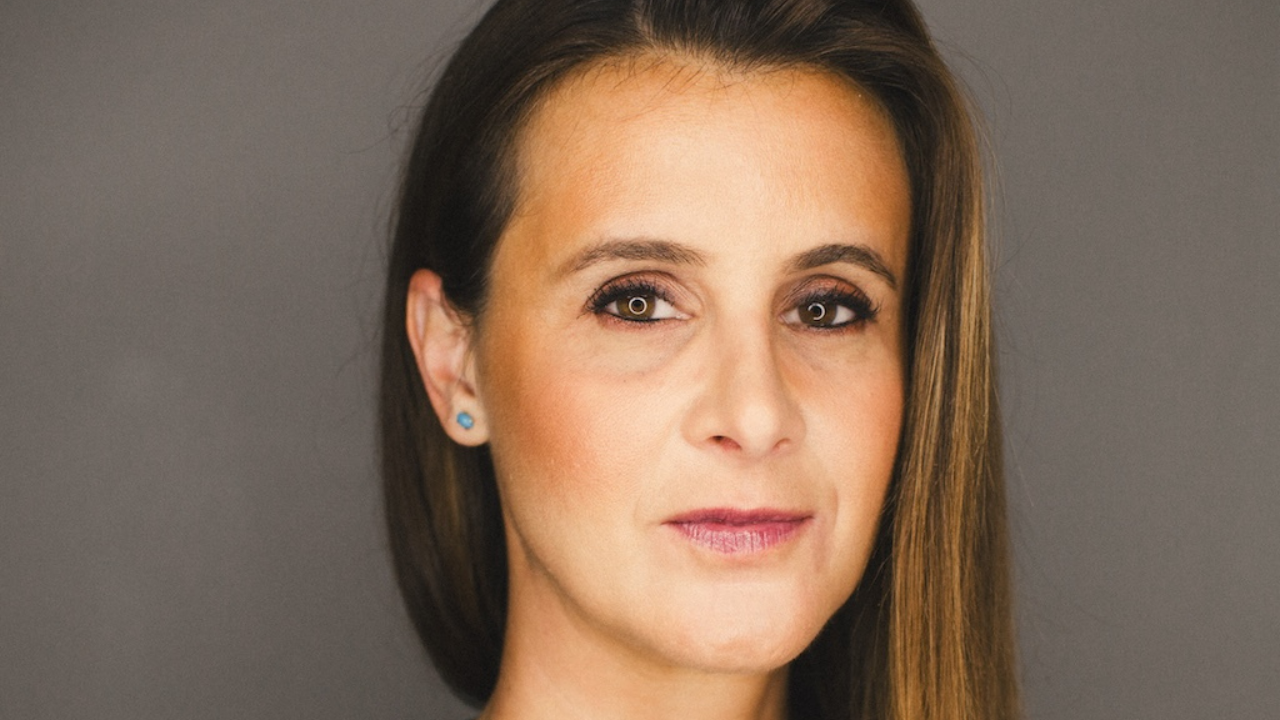As part of committing myself to my Life Purpose I’ve had to give up unhealthy lifestyles, people, and substances. Over the past five years I’ve given up meat, smoking, alcohol, clubbing, and negative people, and opted for living a simpler, healthier life that supported my Life Purpose.
I’m proud to say that for the most part I’ve honoured my choices and sensitivities; yet there have been times when I relapsed back to my old habits. Last Friday was one of those times. A series of unfortunate circumstances found me in a club, drinking glass after glass of Champaign, dancing with people I didn’t like, and listening to music I didn’t enjoy.
I woke up the following morning hating myself, and feeling like a fraud. My ego bombarded me with questions: How can you teach about self-love when you spent a night totally disrespecting yourself? Who are you to teach about getting high on life rather than alcohol, when you drunk the whole night? How can you possibly teach about assertiveness when you didn’t have the guts to speak up for yourself and say ‘No’?
Relapse is Natural
I’ve relapsed enough times to know that these self-limiting doubts were a natural aftermath of relapsing, and my ego’s plot to regain its control over me and prevent me from being my true self. In the midst of my internal rumination, I heard Gabrielle Bernstein’s words echo in my head: “It’s not how often you relapse, but how quickly you come back home.”
Falling off your spiritual path is natural and acceptable, simply because you are human. Unlike machines and computers, that can only follow pre-programmed instructions, you are a human being who thinks, feels, and socializes with other people. In these acts you are called to make choices, and however much is your willpower and commitment to being and living a certain way, at some point you will end up making a wrong choice. Rather than shutting off and being pulled into the darkness when this happens, choose to use your relapse as an opportunity to strengthen your commitment to the light.
Three Steps to Deal With Relapse
- Forgive Yourself: You do that by, firstly, giving yourself permission to vent. Instead of suppressing your feelings of shame and disappointment, allow yourself to feel them fully. Having done so, forgive yourself by choosing to see the positive side of the story. How have you become stronger as a result of this? What have your learned about yourself? Has this event strengthened your commitment to your spiritual sobriety?
- Start Slowly: When you’ve fallen off the spiritual wagon don’t expect to get back to it full on. If the relapse was minimal and you think you can ease back to your healthy ways quickly then go for it, but if your relapse lasted longer, give yourself permission to take it slowly. Start by getting back to one of your spiritual practices (e.g. Meditation), and gradually introduce more.
- Know that it Gets Better: In my experience, my relapses have become increasingly sporadic over time. This is because spirituality is like a muscle. The more you practice being your Divine Self the stronger that part of you becomes. In time, your spiritual muscle becomes strong enough that it overpowers your ego’s tricks to get you back to your old ways, and your relapses become sparser.
Recommended for you
Haven't found your life purpose yet?
Sign up below to download my FREE step-by-step guide to find and define your life purpose in a specific two-paragraph definition. You'll also receive a weekly email from me packed with intuitive guidance, spiritual processes, and exclusive trainings to support your journey.














